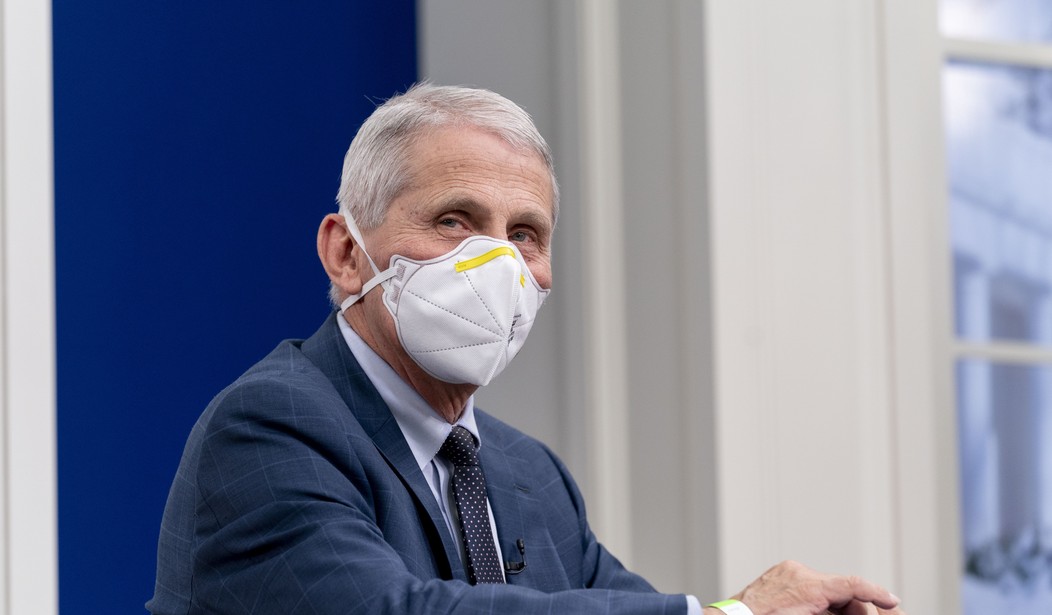White House chief medical adviser Anthony Fauci has been noticeably quieter recently after previously receiving a high volume of attention, both positive and negative, from lawmakers and the media regarding his guidance on the coronavirus pandemic, and the top infectious disease indicated Friday that he could retire as Republican and Democratic lawmakers acknowledge the COVID pandemic is entering an endemic status.
During an appearance on the ABC News podcast "Start Here," Fauci suggested he may seek retirement in the near future.
"I have said that I would stay in what I'm doing until we get out of the pandemic phase and I think we might be there already, if we can stay in this," Fauci said of the decline in coronavirus cases and hospitalizations.
"I can't stay at this job forever. Unless my staff is gonna find me slumped over my desk one day. I'd rather not do that," he continued.
The 81-year-old Fauci has worked as a public health expert, primarily studying HIV and AIDS, for more than 50 years, serving under every president since Ronald Reagan.
And while the National Institute of Allergy and Infectious Diseases director said he does not yet have retirement plans, his hint at a potential retirement comes after President Joe Biden announced earlier this week that Brown University School of Public Health dean Ashish Jha would be the new White House COVID-19 response coordinator after Jeff Zients steps down from the position next month.
Fauci has been the subject of intense criticisms from Republican lawmakers, particularly from Sen. Rand Paul of Kentucky, for allegedly funding gain-of-function research in China, where COVID originated.
Recommended
The doctor said Tuesday that he expects Republicans to target him in public hearings if the party retakes Congress in November.
"They'll try to beat me up in public, and there'll be nothing there. But it will distract me from doing my job, the way it’s doing right now," he said at the time, referring to Republicans vowing to issue subpoenas in an effort to force the doctor to provide information about his alleged funding of gain-of-function research on bat-based coronaviruses at the Wuhan Institute of Virology.
And on Monday, Paul introduced legislation that would eliminate Fauci's role as director of the NIAID.
"We've learned a lot over the past two years, but one lesson in particular is that no one person should be deemed 'dictator-in-chief.' No one person should have unilateral authority to make decisions for millions of Americans," Paul said in a statement. "To ensure that ineffective, unscientific lockdowns and mandates are never foisted on the American people ever again, I've introduced this amendment to eliminate Dr. Anthony Fauci's position as Director of the National Institute of Allergy and Infectious Diseases, and divide his power into three separate new institutes."
Fauci and Paul have had heated exchanges during numerous Senate hearings about allegations that Fauci's NIAID funded gain-of-function research on coronaviruses at the Wuhan Institute of Virology prior to the global pandemic. The doctor has repeatedly denied these accusations.
But records released in September showed that EcoHealth Alliance, the NIAID grantee that gave funds to the Wuhan Institute of Virology to study bat-based coronaviruses, developed a chimeric coronavirus in Wuhan labs that caused mice with humanized cells to become sicker than those infected with the natural strain of the virus.
























Join the conversation as a VIP Member